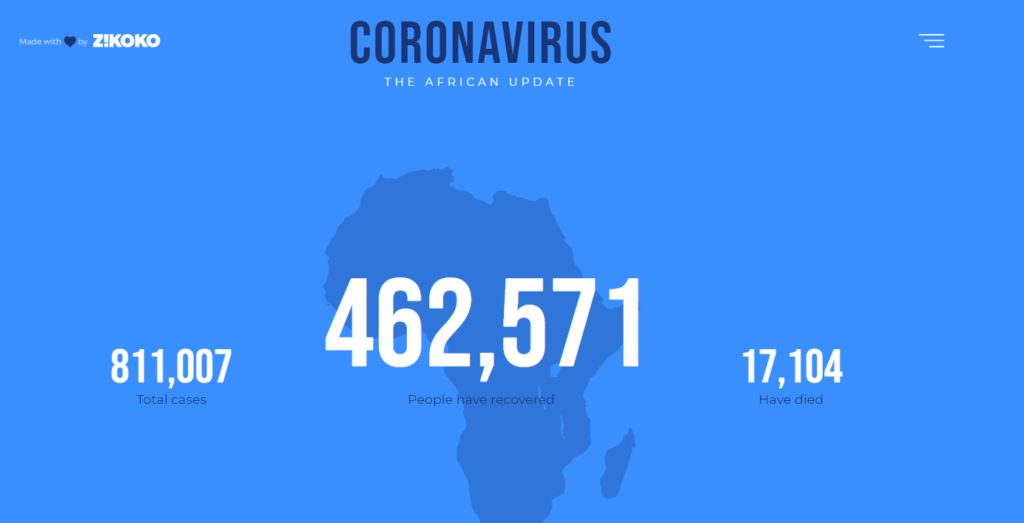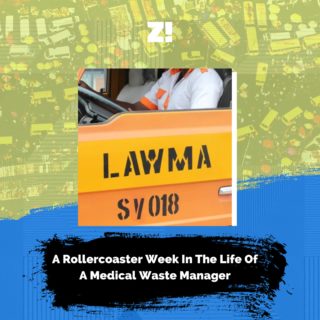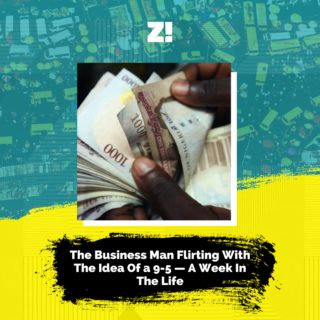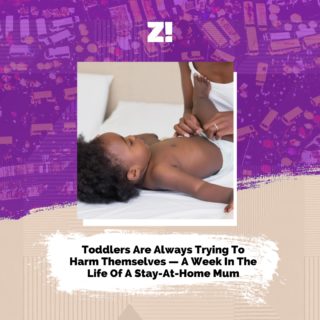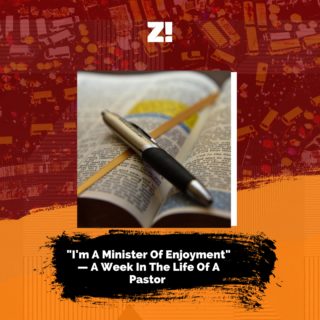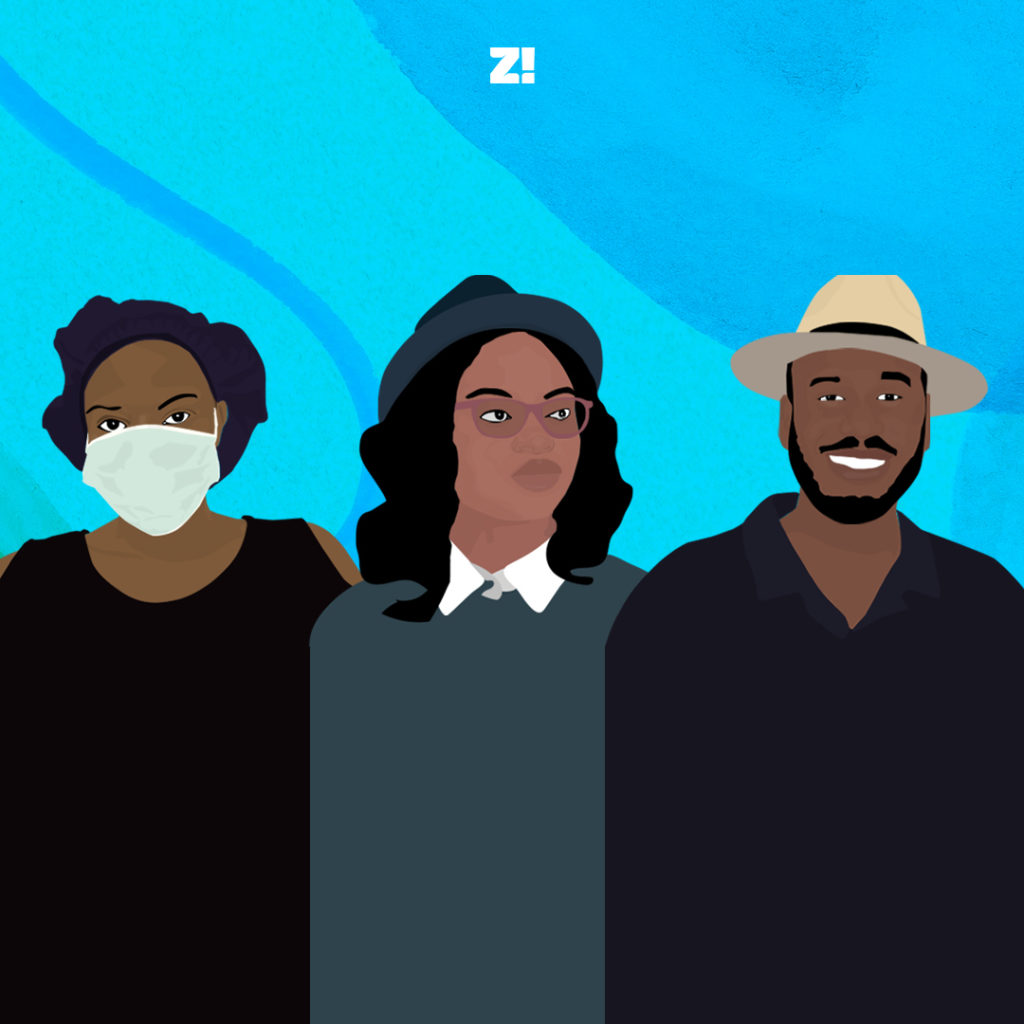
A woman fired from the job where she got infected. A man who thinks that losing his sense of smell was a blessing in disguise. A woman worried about the future of her work at the Stand To End Rape Initiative – Three Nigerians describe their hospital journeys during a pandemic.
Since February 2020, when Nigeria reported its first case of Coronavirus, almost 40,000 Nigerians have been infected. Over 14,000 have recovered. And about 1,000 Nigerians have died. Since the third infected person recovered, Zikoko has been speaking to survivors. The aim is to put a face to the numbers we see everyday: stories are more powerful than statistics. The human mind just can’t grasp the gravity of large numbers.
On April 27, a 5-week lockdown put in place by the Nigerian government was lifted. Since then, there seems to be a reversal to the norm. Nigerians are throwing “small parties”; rules of social distancing and self-isolation are not being followed. Meanwhile, the number of cases are rising. The hope is that by sharing stories of real people who have survived this virus, we are all reminded that the Coronavirus is very real, and there’s still a lot of work to be done.
MRS. ALEXANDER
Age: 33
Isolation center: Onikan Center
Symptoms: Asymptomatic
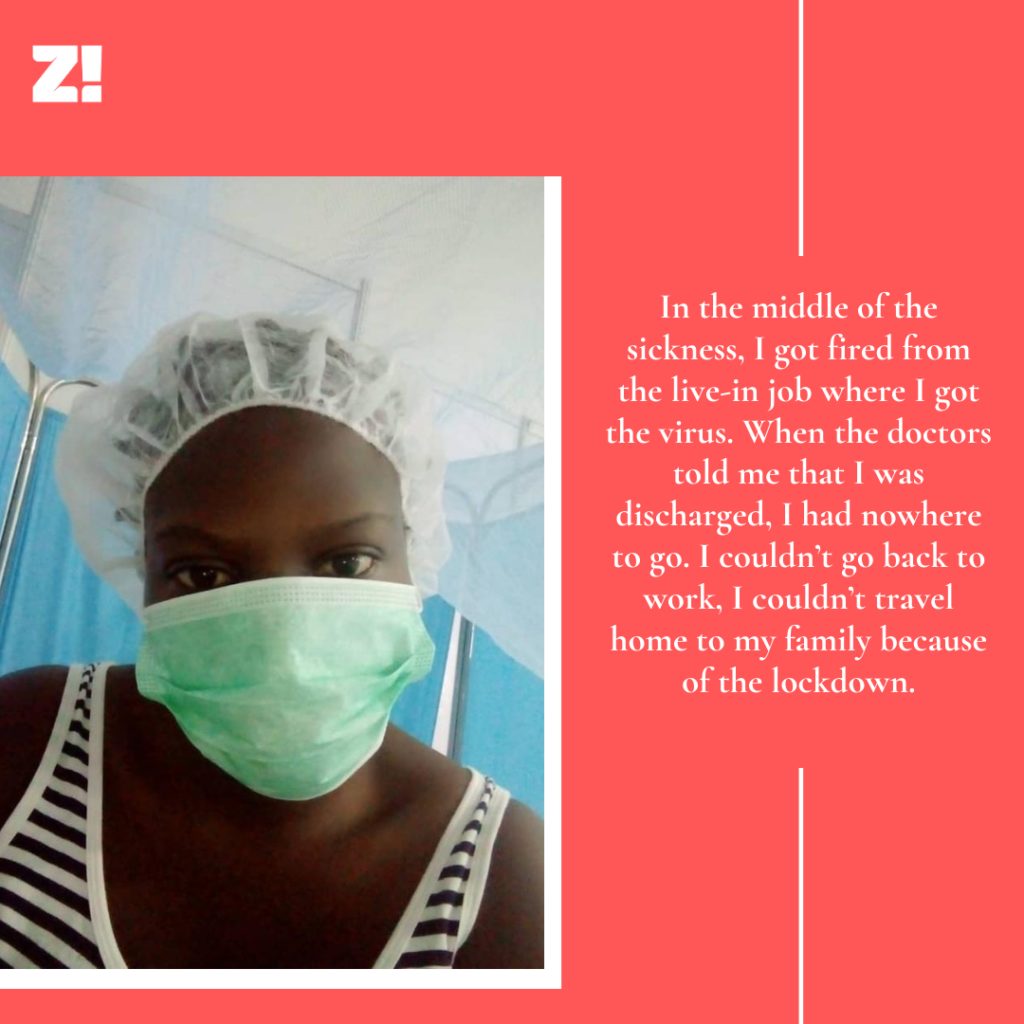
I was not with my family when I got infected. My family members don’t stay in the same state as me. It was from a live-in job where I was a nanny that I went into the isolation centre. I told the doctors not to contact any member of my family. Except in case of an eventuality [God forbid]. But I knew I was going to survive. With the information people had about the virus, any family member who was told about my situation would have panicked. Especially my mum. She’s hypertensive, so I didn’t want to bother her. The doctors took care of us and visitors weren’t allowed, so there was nothing any family member could do to help.
I got tested because I came in contact with someone who tested positive. The NCDC tested everyone who was in contact with the person. At the point of testing, I was asymptomatic. The only thing I remember is having constant heartburn and chest pain which I attributed to ulcer – I am an ulcer patient. It wasn’t until my result came out positive that I thought the pain might have been caused by something else.
I wasn’t scared the day I was taken into isolation. The hospital called in the morning and they explained that they were sending an ambulance to pick me up. So, I packed some clothes and waited for them.
My hospital experience was initially tough for me because I couldn’t eat the food. It wasn’t bad or anything but I am picky about food. Also, because of my ulcer, I couldn’t eat some food they served like yam and beans. At some point, I had diarrhoea, so I was scared to eat. The doctors said it was part of the COVID symptoms, but I think it’s because I forced myself to eat the moi moi they served one time. At a point, I requested for beverages and someone on the medical team got it for me. I think that was when I started to adjust.
The worst part of my hospital stay was the sample collection. At intervals, they would dip a long cotton bud down your nose. I had to stay still while it was pushed down my nose to a particular point. I suspect it even hit my brain because I felt it there. The process was very uncomfortable, and I always sneezed. There was a particular day where they had to take my sample twice because the first one got contaminated. I almost cried that day, but that was the test that declared me Corona free so I wasn’t sad for long.
Isolation Centre
In the middle of all this, I got fired from the live-in job where I got the virus. When the lockdown started, my old boss asked if I had money to send home for my family to stock up. I told her I had no money after which she gave me ₦20,000 to send home. Not once did she mention that this was out of my salary ( my salary is ₦50,000). While I was in the hospital, I got a call from home that my kids were sick and they needed money for treatment. To keep up appearances that all was well on my end, I promised to send some money. I texted my boss for my salary for the month I worked before falling sick. I made sure that I explained the situation of things at home.
That’s how she started: “I feed you, you are ungrateful, didn’t I pay you last month?” The money I gave you was a part of your salary. I protested that she never mentioned it. She called me a fool and told me she couldn’t condone my attitude and relieved me of my job. She sent the money after deducting the ₦20,000 and I didn’t say anything.
To further worsen things, she called to say that her laptop was missing, and I had to produce it. I explained to her that I couldn’t have taken it seeing as I left the house in an ambulance to the isolation centre which I hadn’t left. At that point, I was starting to feel uncomfortable, so I complained to the COVID team. It was surprising to me because this was someone I used to help withdraw from her ATM card; I know her pin. When she was in the hospital caring for her son who tested positive and infected me, I was in charge of the house. It was shocking to me.
For the first time in my life, I had high blood pressure. My blood pressure went from my usual range of 107 to around 130/90. I just had to look for a way to take my mind off it. I remember Easter Sunday when a gospel musician called BJ Sax was invited to the centre to play. I danced and danced. That day, I danced my problems and Corona away. Before that, I had been lying on my bed and feeling sad.
When the doctors told me that I was discharged, I had nowhere to go. I couldn’t go back to work, I couldn’t travel home to my family because of the lockdown. Luckily, a friend agreed to let me stay with them while I recovered.
I have gotten to the point where I no longer allow things I can’t control bother me. The conditioning of your mind is very crucial to whether you survive a difficult situation or not. There’s a way your mind helps you fight that your body eventually agrees. These days, I am staying positive while I fully recover.
At least, the worst part is over.
HILARY
Age: 29
Isolation center: Mainland hospital, Yaba.
Symptoms: Loss of taste and smell.
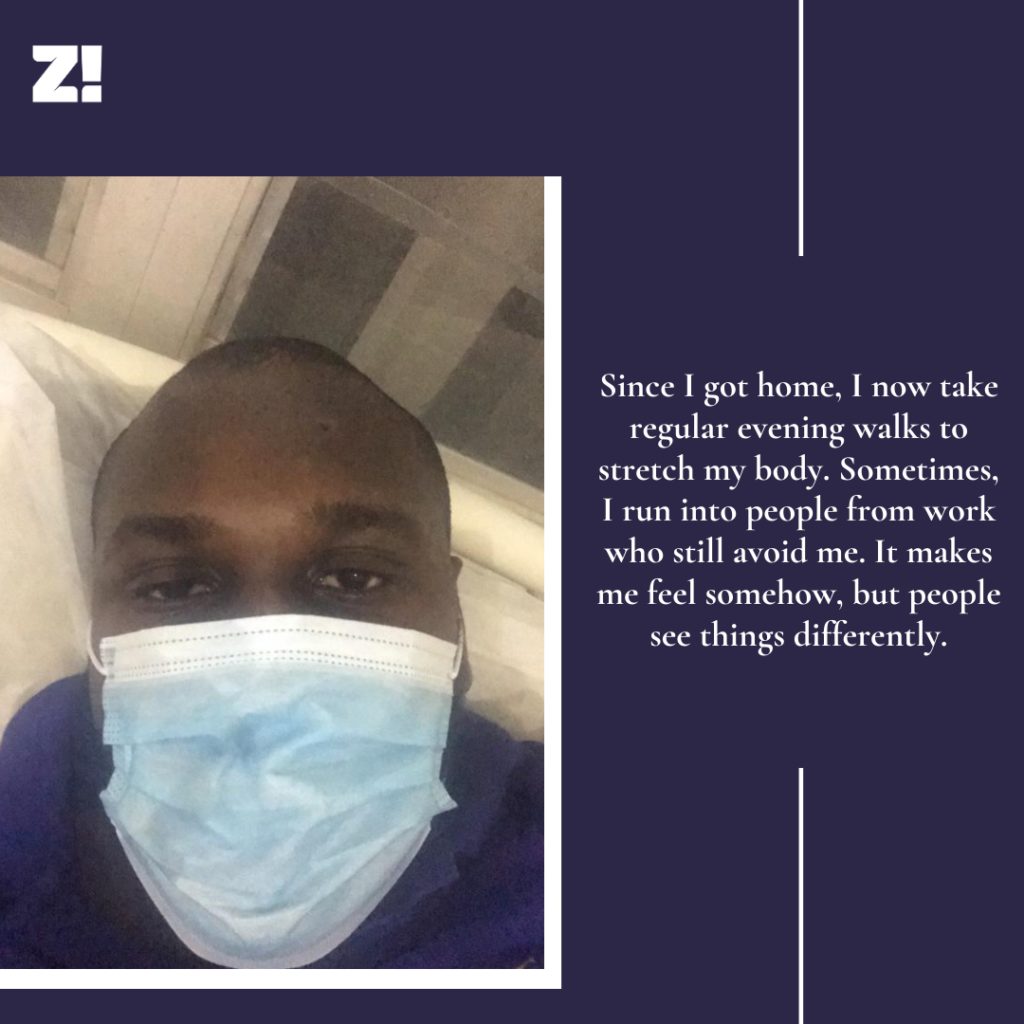
I travelled to the U.K. On my last weekend there, I sprayed my perfume and I realized that I couldn’t smell anything. My initial assumption was that maybe it was the flu. Now and then, I get catarrh and my nose gets blocked.
The next day while having a shower, I couldn’t smell my soap. I had been coughing for a while before this happened but it had gone so I didn’t imagine that I had the virus. I just felt it was allergies that would go on its own.
I got back to Nigeria on Tuesday. My housemaid made fried rice, but the taste was unusual so I became worried. I called my doctor who asked me a few questions to ascertain if I had the virus or not. The common symptoms at the time I got tested were cough, fever, sneezing. But when I told my doctor that I couldn’t smell anything, she advised me to get tested. After going around, I was referred to the Infectious Diseases Center at Yaba.
At the centre, I was directed to a place called the “isolation centre.” I met a doctor there who asked me routine questions. Because I wasn’t exhibiting common symptoms at the time, he told me to come back in 14 days if I developed regular symptoms like cough or fever.
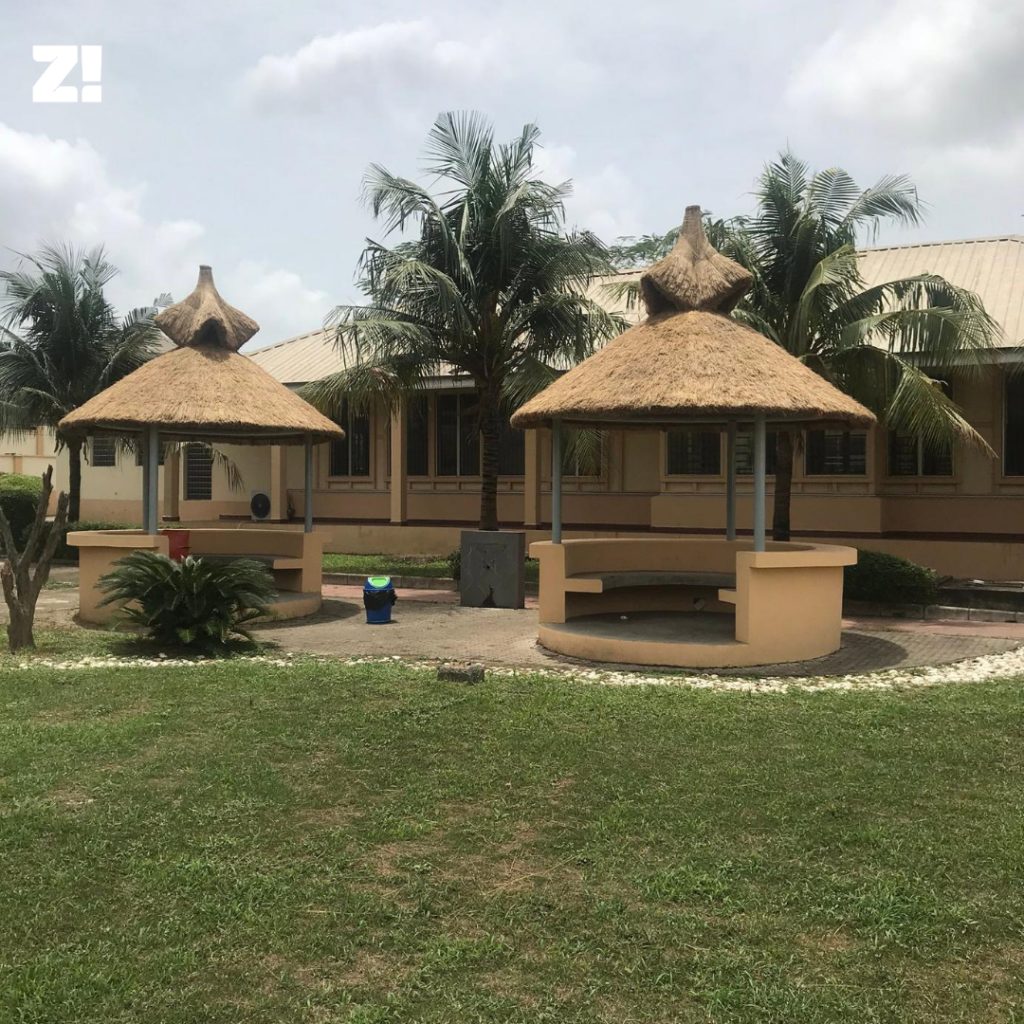
I refused.
I explained that I couldn’t smell anything and that my sense of taste was also altered. I asked that rather than come back after it was too late, I wanted to get tested and start treatment. There was no way I was leaving their facility without getting tested. After a back and forth, they tested me. This happened on a Wednesday.
On Saturday morning, I got a call from the NCDC saying that I tested positive and an ambulance was coming to pick me.
At that point, my body was shaking from fear because I didn’t understand what was happening. My colleagues from work advised that an ambulance would be too dramatic and might expose me to social media drama. They advised that if I was feeling well enough, I should quietly drive down to the centre. I packed a few things: Water, Aboniki balm, vitamins and I drove down.
My time at the hospital was fairly okay. The nurses and doctors were empathetic, but I guess they were overwhelmed. They didn’t plan for the number of cases they got so there were times they spoke out of turn.
At some point, we ran out of water in the ward. Part of our treatment involved drinking lots of water to stay hydrated. In the beginning, we got as many as 3 – 4 bottles of water per meal. But as our numbers increased, this reduced to one bottle per meal. On one occasion, someone needed more than a bottle and the staff said: “tell your people to bring you water.” It didn’t make sense because that person’s only family member was his pregnant wife. And she stayed in Ajah. It was a silly statement asking his wife to drive down to Yaba because of one bottle of water. We eventually called them out, and they started giving us more than one bottle again.
Losing my sense of smell was a blessing in disguise because it meant that if the hospital toilet was dirty or smelling, I wasn’t affected. This gave me a soft landing as I settled in. People were checking on me and that occupied my time so I didn’t feel lonely. During my sickness, my boss sent me ₦100,000. My sister sent me fruits, kettle, ginger, and green tea. I also had two friends that sent me food – one sent a smoothie with salad. Another friend sent me special fried rice, with pasta, sauce and a smoothie.
After getting discharged from the hospital, I now know that I can stay alone in my own space for days and not get bored. I discovered my need for Netflix in the centre. Before I went to the isolation centre, I never bothered with Netflix because I am not a movie person. At the hospital, I saw the movie 93 days about Ebola in Nigeria. The movie gave me the strength to pull through.
Since I got home, I now take regular evening walks to stretch my body. Sometimes, I run into people from work who still avoid me. It makes me feel somehow, but people see things differently. If the roles were reversed, I don’t think I would do that to them.
Coronavirus is a deadly disease, but it’s not a death sentence. I have not fully recovered. My sense of smell hasn’t fully returned, but I feel it coming back. However, I think my sense of taste is back. I look forward to the day I can finally smell my favourite Hermes and Versace perfume again.
AYODEJI
Age: 29
Isolation center: Mainland Hospital, Yaba.
Symptoms: Fatigue and fever.
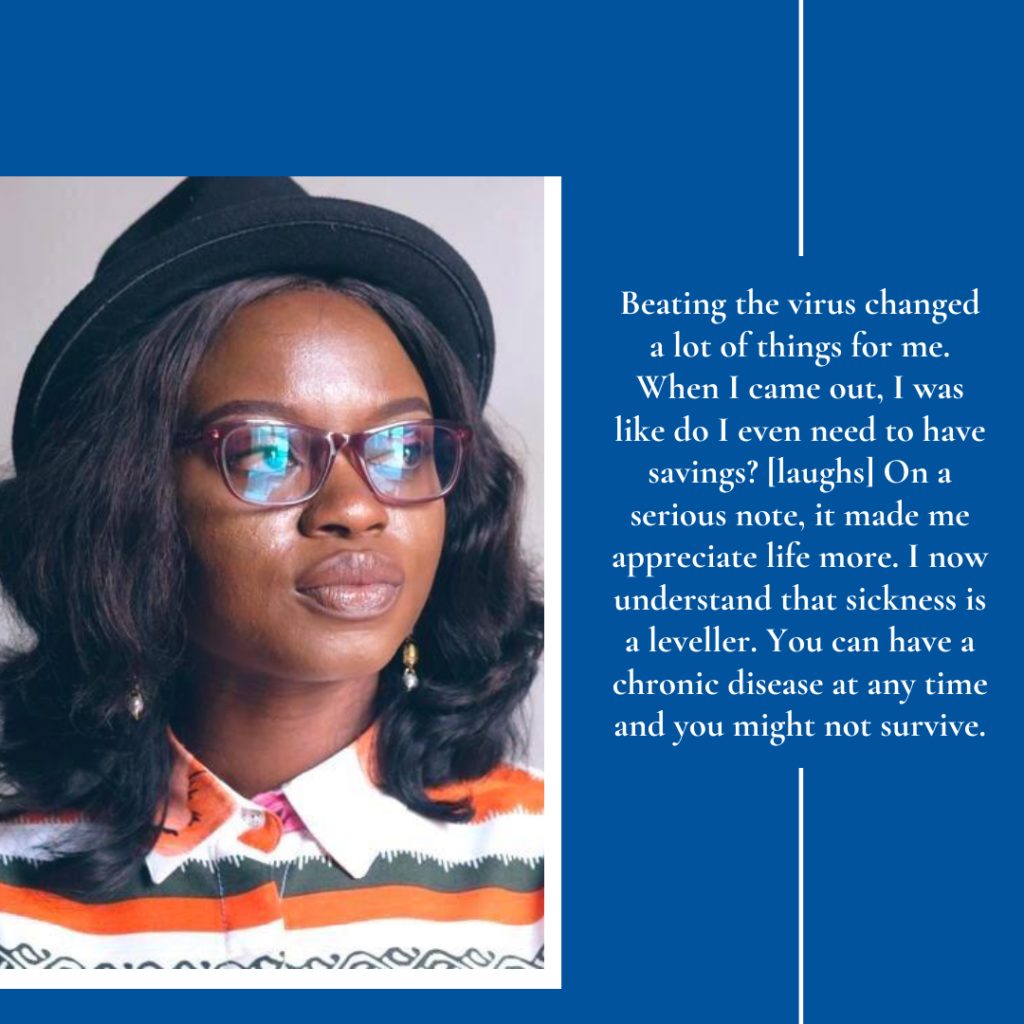
It feels good to be out and to be able to move around in my house. I was in the isolation centre for too long, and my freedom was limited. It was a tough experience because it’s not your regular malaria where you understand the pattern, and you know how your body will react.
I had symptoms like fatigue and fever. I had just returned from a trip to the UK so I reached out to the NCDC to get tested. It was a nerve-wracking period for me because my life was in the hands of one organisation, and I was not getting prompt responses. I just wanted to know what was happening to my body. I could not go to the hospital because I didn’t want to put health workers at risk, but I also needed to be out of my misery.
Because of the novelty of the virus, I had so many unanswered questions: Was I going to survive? Was I going to die? I was also thinking of all the money I hadn’t spent, all the things I had yet to enjoy. As much as it was a physical illness, it was also a mental sickness.
After a lot of back and forth, I finally got tested by the NCDC and I was taken to the isolation centre.
At the hospital, I had so many negative thoughts. There were days I’d try to be positive and days that I’d be negative. The way the media plastered the death scare as opposed to the cases of recovery worsened it for me. Also, because of the way the Nigerian healthcare system is structured, it’s a gamble knowing what you are getting out of that system. It was a mental gamble on whether I was going to live or die.
What kept me going was my faith in God because I kept on reminding God about his promises to me. I kept reciting these verses: John 10 vs 28, Jer. 17 vs 14, Isiah 41:10 -13. I also read Psalm 91.
My family and friends were supportive. They sent me prayers, emotional support, and constantly checked up. My organisation was also on my mind because we have a lot planned for 2020. The idea that I could be dying was scary..
I experienced some of the greatest kindness at the isolation centre. One time, someone’s husband brought pizza and we had a pizza party. It’s a kind thing when people who are otherwise strangers are connected by one issue and they help each other. When one person was throwing up and losing energy, people were supportive: “Take one gulp, oya use your medication.” The communal love was one of the best things that I experienced. This made it become like a game; a game for your life.
It was touching. They had no reason to care about you because they were in a similar condition, but they did. It was one of the biggest kindnesses I have experienced.
The day my test results came back negative, I moonwalked in the isolation centre. Everyone was like “go Ayo.” I felt happy knowing that I had beaten the virus. Coming from a place where I thought I might not survive it to beating the hell out of it was a good feeling. It was a victory of hope for other people in the centre. As one of the first patients in the isolation centre, it re-assured my fellow ward mates that they could fight and win. It re-assured me that even when life throws lemons at me, I always make juicy lemonade.
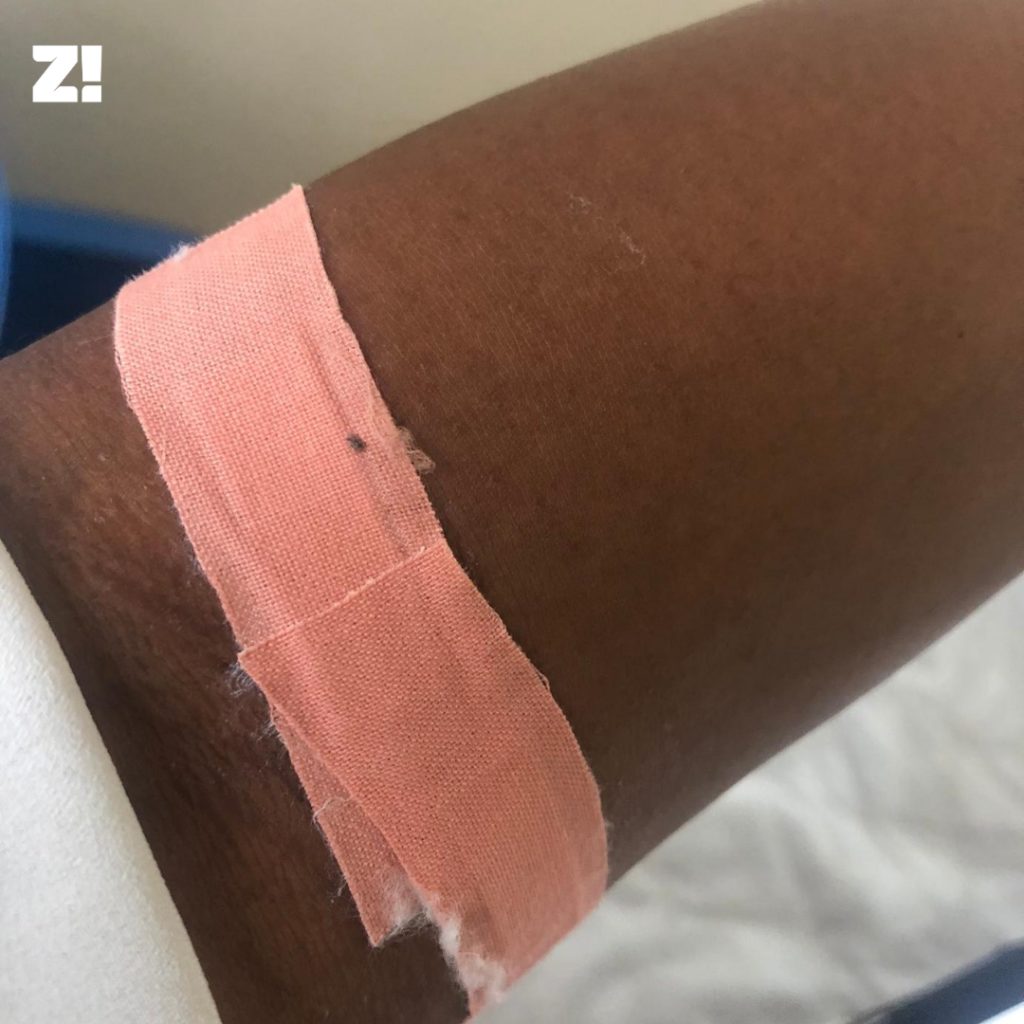
Beating the virus changed a lot of things for me. When I came out, I was like do I even need to have savings? Should I just have a lush life as I’m not guaranteed tomorrow? [laughs]. On a serious note, it made me appreciate life more. I now understand that sickness is a leveller. You can have a chronic disease at any time and you might not survive.
Visit www.coronafacts.africa for the latest updates on the pandemic.
